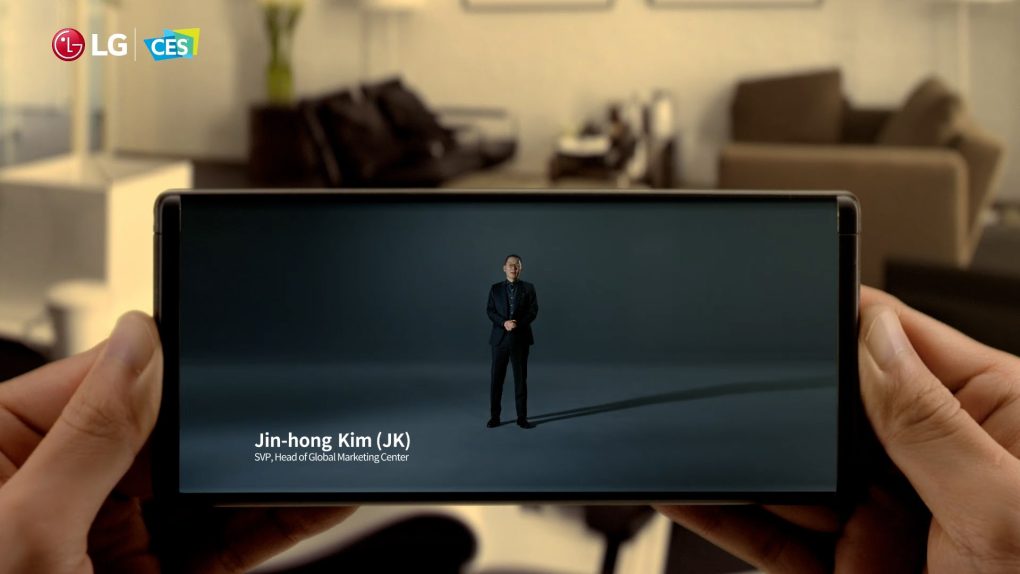The LG Rollable phone was of the most exciting devices coming out of CES 2021. It looked like a vaporware announcement initially, concept technology meant to tease the display innovation LG had been working on — the company did launch TV sets with rollable screens. But then LG confirmed that the Rollable is real and the handset would be launched this year. Less than three months later, not only does the Rollable lack a future, but LG has also confirmed that it won’t be making any smartphone in the near future.
A variety of rumors said since early 2021 that LG was contemplating an exit from the mobile business. The mobile division had been losing money since 2015, failing to counter the iPhone and Samsung’s Galaxy phones at the high-end of the spectrum. LG attempted to create high-end phones that would differentiate themselves from the litany of Android flagships, including a modular handset, smartphones with dual screens, and a phone with a swiveling display. They turned out to be massive failures. LG also failed to compete in the mid-range and entry-level sectors, especially in a business where an increasing number of smartphone makers from China were creating more affordable phones featuring decent-to-high-end hardware.
LG spent the beginning of the ear denying that it’ll shut down operations, as well as reports that it was considering a sale. More recently, reports claimed that LG negotiated with several companies, but talks fell through. Without a deal, LG’s only option was to retreat from the mobile business. LG would announce the news to the world on April 5th, a story said a few days ago.
LG did precisely so. On early Monday, local time, the Korean corporation put out a short press release that made everything official. LG will close its mobile business unit, the company said. The board of directors approved the decision.
This is a colossal defeat for LG, which calls it a “strategic” decision that will let it focus on other growth areas:
LG’s strategic decision to exit the incredibly competitive mobile phone sector will enable the company to focus resources in growth areas such as electric vehicle components, connected devices, smart homes, robotics, artificial intelligence and business-to-business solutions, as well as platforms and services.
LG will stop manufacturing and selling phones, so it’s unclear what will happen with projects like the LG Rollable, considering no other corporation wanted to acquire LG’s mobile business.
LG also said that it would continue to “leverage its mobile expertise and develop mobility-related technologies such as 6G to help further strengthen competitiveness in other business areas.” Other unspecified “core technologies” that the mobile division developed will be retained and applied to existing and future products.
LG said in its announcement that it would continue to provide support and software updates for customers who own existing products. This will last an unspecified period and will vary by region. LG did not reveal any information about the mobile division’s workforce but said that these details would be determined locally.
LG plays to complete the winding down of business by July 31st, although the remaining stock of phones might continue to sell beyond that.
While the LG Rollable has died with the mobile division, other smartphone makers are working on their own smartphones with rollable displays. Oppo demoed one such device only recently.








